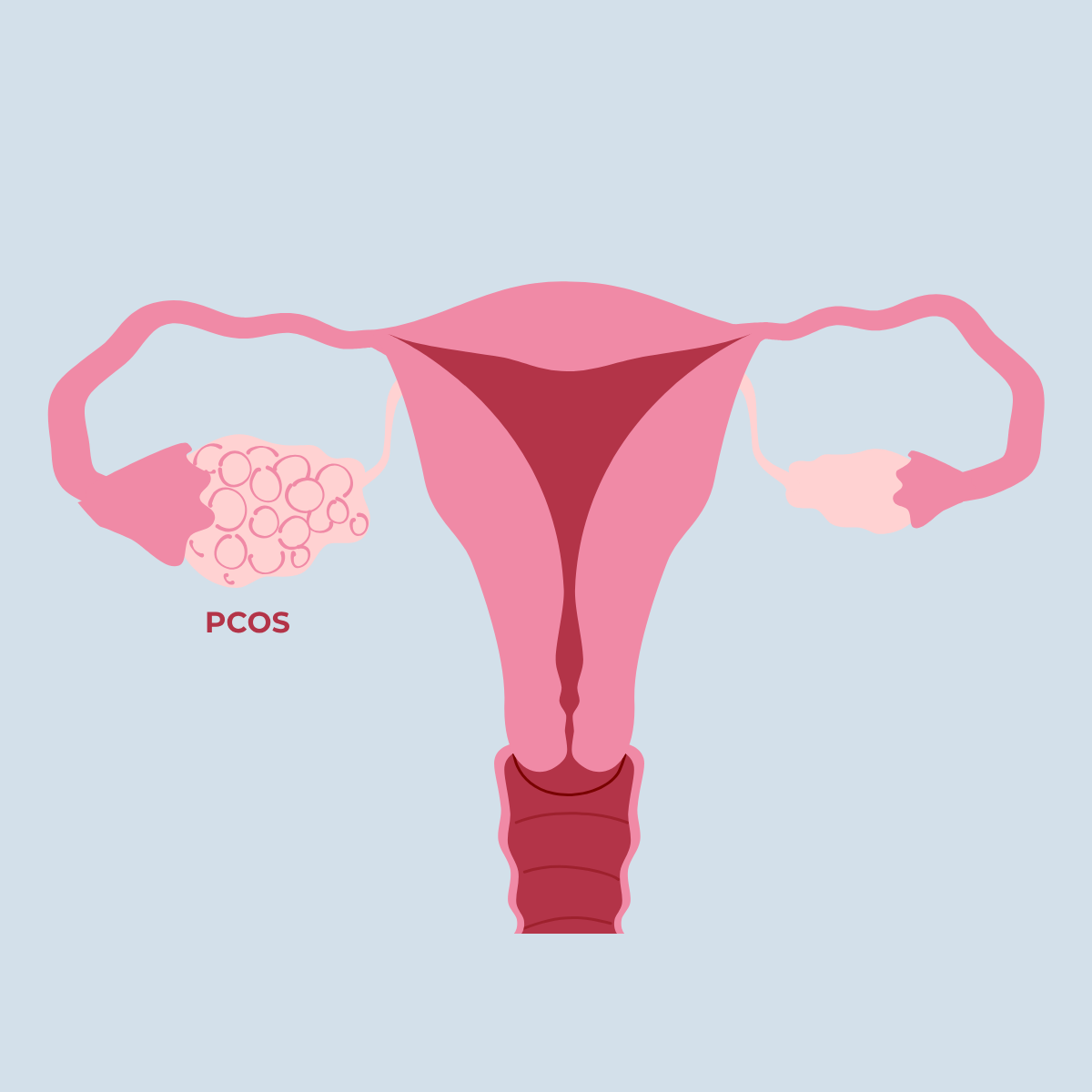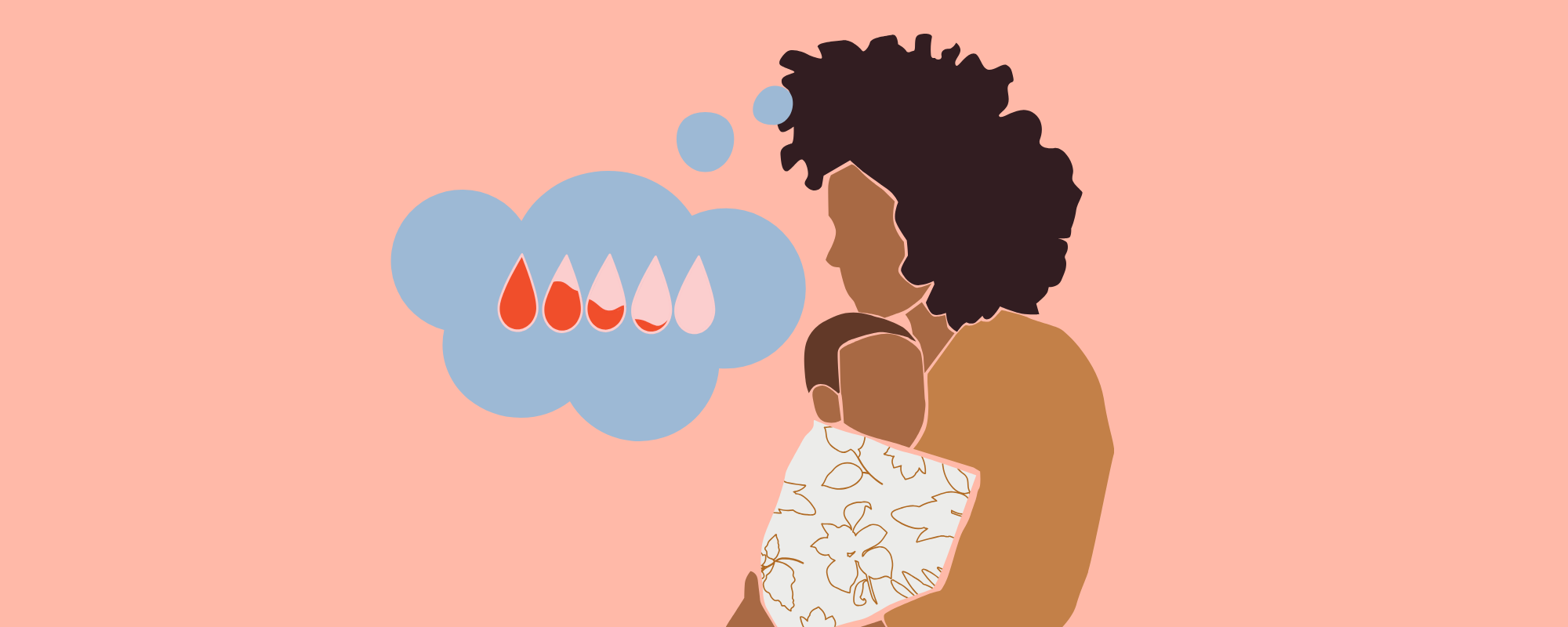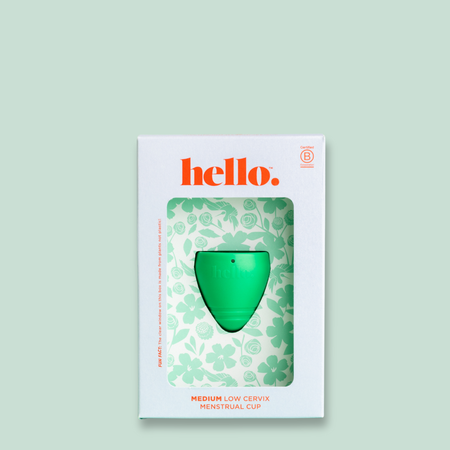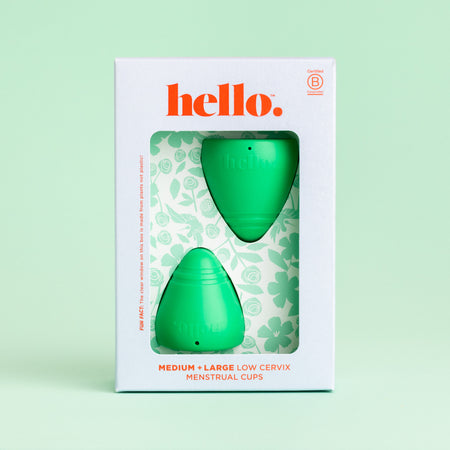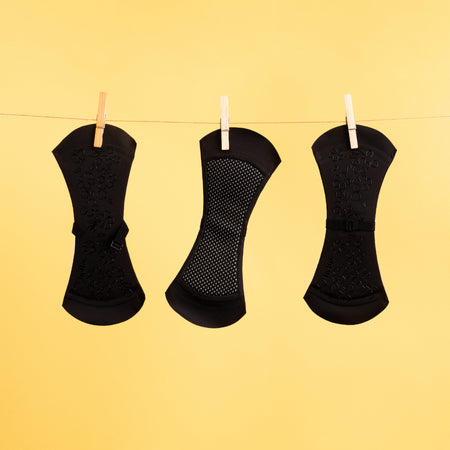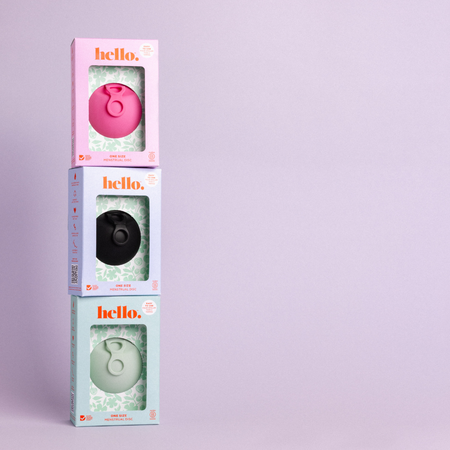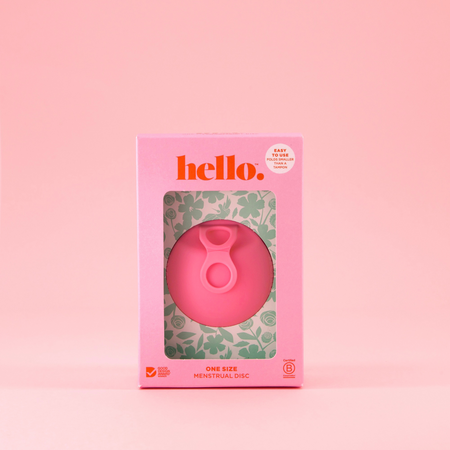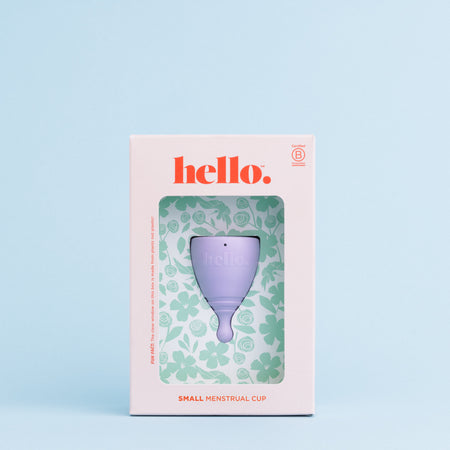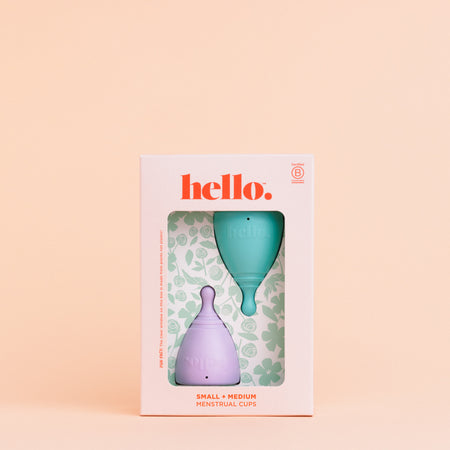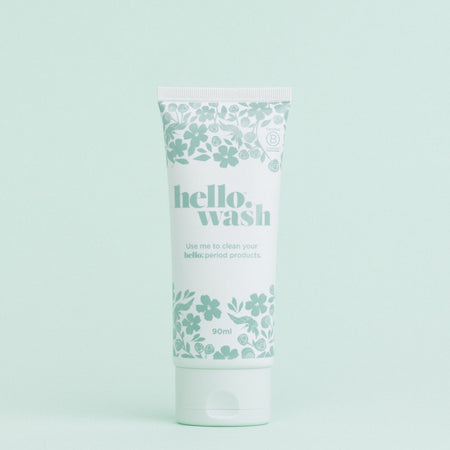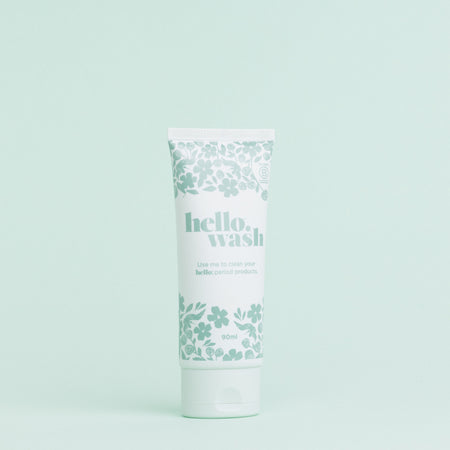Could Menstrual Blood Hold Vital Health Information?
A groundbreaking study using menstrual blood is about to get underway in Aotearoa, New Zealand. Participates will use Hello Period products to provide researchers with samples. Lead researcher, Dr Claire Badenhorst explains more about what this world-first research project might reveal.
By Dr Claire Badenhorst, Massey University
Nearly all public health statistics show women will live longer than men. But at what cost? Despite women living longer, the number of years they spend in poor or worse health is about 25% higher than men.
Why?
Well to put it simply, research that has looked at sex differences in diseases or health conditions is notably absent. Most health research has been done either in men or ‘mixed cohorts’ where you have both men and women*. The problem with this health research is that there are often not enough women in the study sample to help us identify their unique presentation of symptoms. This leaves us with quite a big gap in women-specific health data. A gap that has had flow-on effects to our health system, where we often see women misdiagnosed for conditions such as cardiovascular disease or undiagnosed for many years (e.g. endometriosis average diagnostic time is 8 years in New Zealand).
Research that has looked at women’s health generally will focus on reproductive conditions. This means that most of the health research for women has on reproductive disorders (e.g. endometriosis), and cancers (e.g. cervical, endometriosis, breast). Where the research has been done is where we have seen some great improvements in health outcomes for women. But what if we could apply this same focus on all areas of health for women?
It is on this basis that this research project was born. As researchers in physiology and how it impacts health and performance, we were constantly telling women how their menstrual cycle was a key marker of health. Often telling women that tracking their cycle could help them identify their unique trends in symptoms and how it could help them understand their health. As researchers, we then started to consider, ‘What if we could use the unique physiology of women and give them actual evidence of their health’? And what is the most unique aspect of the menstrual cycle that every woman is aware of, well that answer was quite simple, it is her period (aka menstrual bleeding).
Every 21-35 days a woman will experience a menstrual bleed/period. Even if she is using oral contraceptive pills, she will still have a withdrawal bleed* every 21 days. Menstruation has been a taboo topic, and something we have learnt to a) not talk about, b) be very strategic and good at concealing and c) get rid of as quickly as possible or avoid where we can (e.g. never taking sugar pills and just constantly taking the hormone pills in the contraceptive pill packet). But have we ever thought that menstrual fluid contains not only blood but cells from the inner lining of the uterus and cervix, making it an incredibly valuable resource with information on the reproductive system and the body as a whole.
Ultimately this is what we want to look at. We want to see if menstrual fluid can give us health information. Or put another way, could your period give you information about your health instead of you needing to go get a blood test? Our goal with this research is to compare health markers for diabetes, and cardiovascular disease in two blood samples, one from the arm (the traditional method) and the other from menstrual fluid (collected using a Hello Disc or Hello Cup). Our initial protocol tests so far have indicated that we can measure markers of diabetes and cardiovascular disease in both samples. But to make sure we can prove this we are looking at getting some 150 samples from women to help us show the value of menstrual fluid as a key resource for health. Our lab is then also looking at setting up the first menstrual blood bank. Our aim here is to store the fluid and cells from menstrual fluid for future research. After this initial project which will help provide evidence that menstrual fluid is valuable for health research, future studies could look at:
1) Using cells from the reproductive system to screen for PCOS and endometriosis. A result that could help reduce the time of diagnosis for these conditions.
2) Testing for hormonal changes that are common in women who experience extremely painful menstrual cramps (e.g. dysmenorrhea). Maybe your period could tell us more information about your menstrual symptoms.
3) Setting up monitoring and tracking of common health markers in menstrual fluid, at home vs having to go get a blood test.
We recognize that we are at the very beginning of a very exciting journey for women’s health. Yes, we know that for many women the thought of doing this research may still be considered gross, and awkward and may still carry some stigma and taboo. But we have also seen so many women who have helped us with protocol testing be so excited when their period did arrive, and they could come help. Seeing this change in an individual with the arrival of her period has been incredible to witness. So, while taboos may still be present, we are willing to take on this challenge and help change the narrative on menstruation for women.
*Women. This terminology has been used consistently throughout the article. The researcher and author of this article acknowledges that not everyone who menstruates is a woman and not all women will menstruate. In addition, the author acknowledges that sex and gender are both non-binary and that both sex and gender-disaggregated health data are limited.
* withdrawal bleed: Individuals using oral contraceptive pills will not have a menstrual bleed as they have not ovulated. The Pill prevents ovulation which is required for a menstrual bleed. For oral contraceptive pill users, when they take the sugar pills in the pill packet they will experience a withdrawal bleed due to the withdrawal of synthetic hormones from their body.
If you would like to be part of the study and are based in New Zealand, head here to find out more


